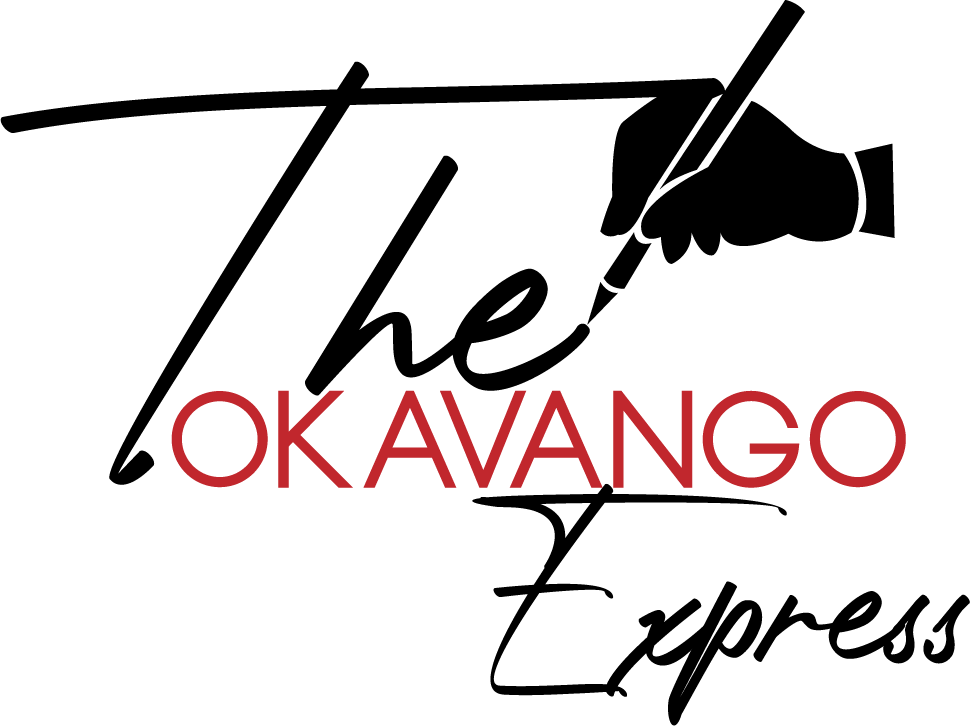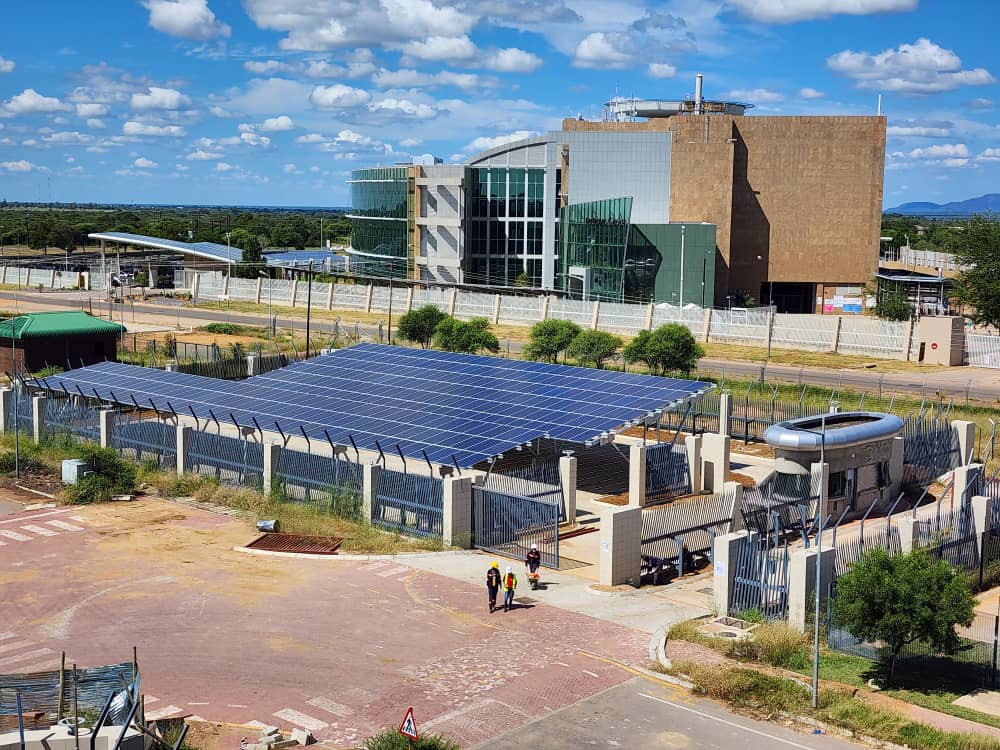Despite having favorable conditions for solar but little start-up activity, Botswana has been characterized as one of the countries with dormant renewable possibilities, despite the new administration’s drive to position renewable energy as one of the economic stimulators.
A team lead by the University of Oxford identifies current “hotspots and future business opportunities” by utilizing the first complete dataset of more than 2,300 renewable energy start-ups across South Asia and Africa.
Even after accounting for variables like sunshine hours, the availability of fossil fuels or hydropower, and GDP, the Renewable Energy Entrepreneurs of the Global South report explores why some nations, like Chile and Namibia, generate more solar energy than their potential while others fall short.
According to the report, Namibia and Botswana were fortunate to have favorable solar conditions, but there was little startup activity in these countries.
President Advocate Duma Boko gave his first state of the country address yesterday, outlining how the government will develop economic incentive packages to draw in investments in industries including technology, renewable energy, agriculture, and tourism.
According to President Boko, attracting foreign direct investment involves more than just raising money; it also entails encouraging innovation, generating employment, and imparting skills to the citizens.
“The decline in diamond revenues by over 60% in recent years is a clear signal that we can no longer afford to depend on a single commodity,” President Boko continued, adding that Botswana’s reliance on diamond profits has frequently proven unsustainable.
Boko restated: “We know that Botswana receives more than 3,200 hours of sunlight annually and that its average is among the highest in the world, at 21 Megajoules per square meter.” Solar energy has a lot of potential.
Meanwhile, the University of Oxford paper outlines specific steps to address obstacles to entrepreneurship in renewable energy, such as adopting alternate consumer payment methods, localizing supply chains, and hosting renewable energy auctions.

